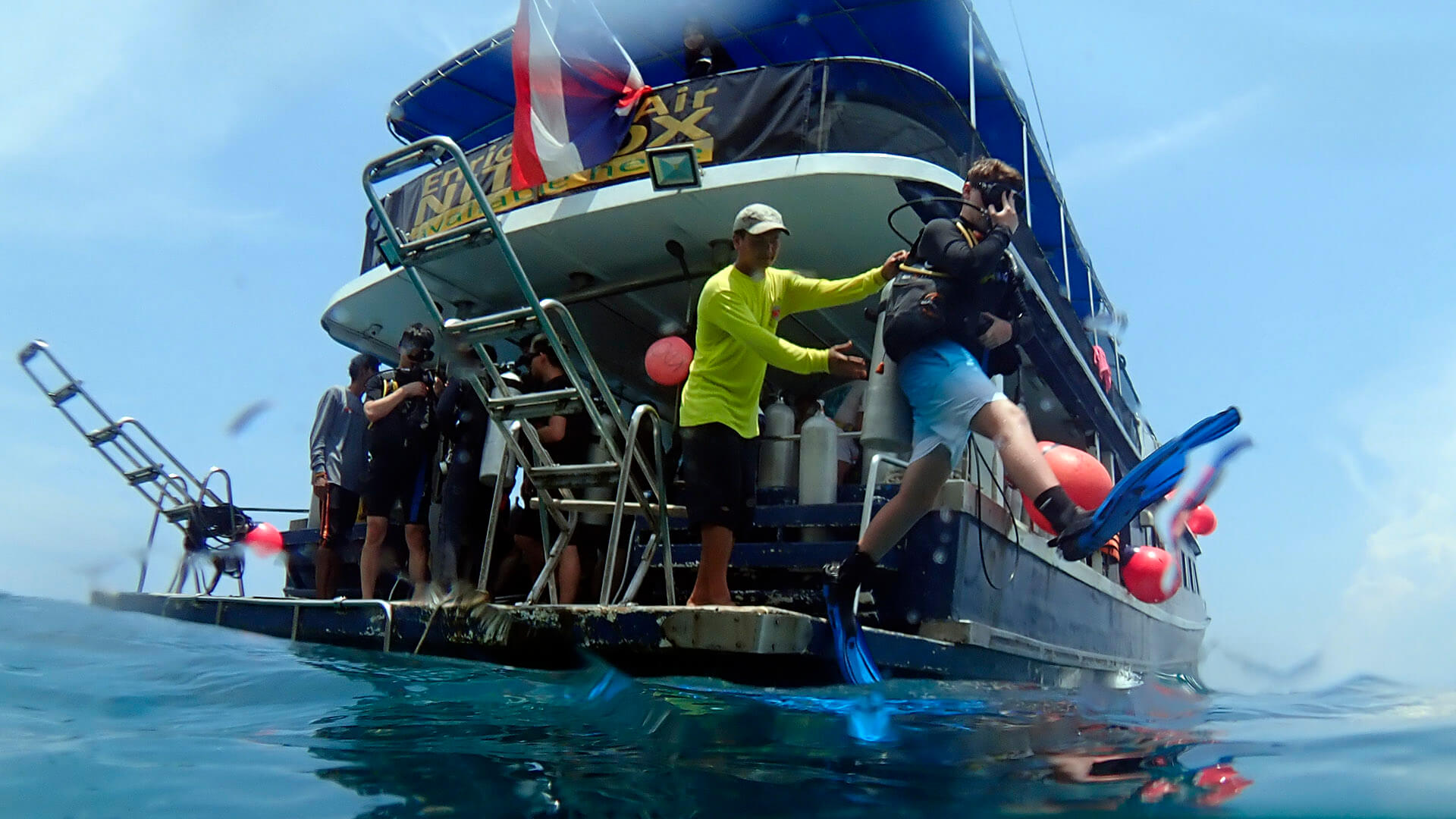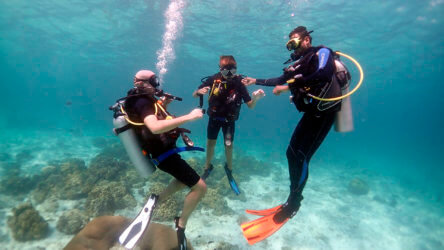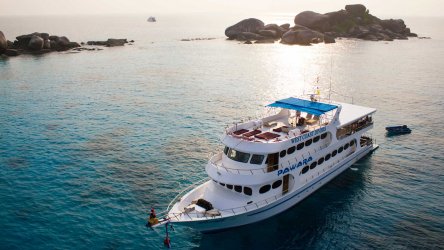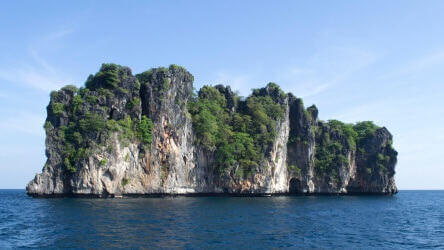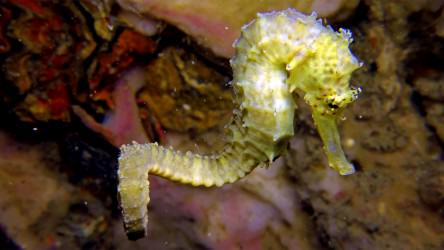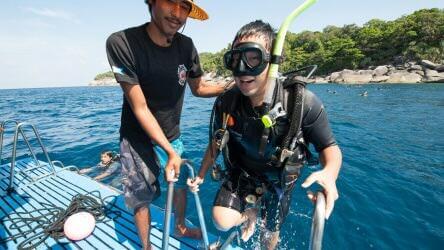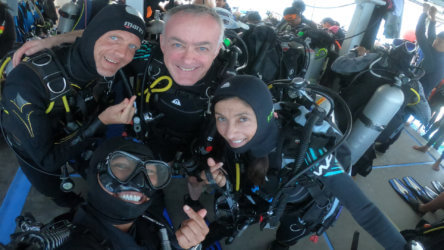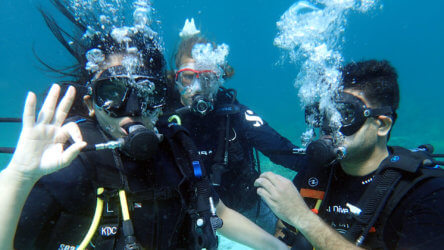Yes Scuba Diving Is Safe, It’s The Diver Who May Not Be
We’re obviously biased but we think scuba diving is a very safe activity. Of course as with all adventure sports/hobbies there is an element of risk. The hard facts support that accidents in scuba diving are firstly rare and mostly the fault of the diver and could have been easily avoided. So let’s have a look at some of the common safety procedures that keep you safe.
The Big One
Unsurprisingly, running out of air is the main culprit in scuba diving incidents according to DAN (Divers Alert Network). There are many mitigating factors than can use up air during a dive quicker than you expect. Most if not all are covered in your entry level course regardless of which agency you train with. So the finger remains firmly pointed at you the diver.
PADI changed certain elements of the Open Water Course a few years ago. With the emphasise on constantly check your own air and not (as many divers do) rely on their guide to ask them. You should be able to tell your guide how much air you have without having to check your gauge when they ask.
Why You Should Constantly Check
Things change underwater, depth, current and state of mind can all affect the rate of air consumption. You may look at your gauge after a few minutes in perfect conditions and calculate that you have ample air to finish the dive. Well you could be very, very wrong.
Depth
We should all be aware of how depth affects air consumption – the deeper you go the more you use. An average person engaged in light activity will need 20L of air per minute at the surface but 80L per minute at 30m. That’s 4 times quicker, a huge difference. So when you’re diving at depth, the air gauge needs to be checked almost constantly. If you’re further away from the surface you’ll need more to reach your safety stop and finish the dive safely.
Current
Strong current will increase your breathing rate immensely. The dive may start off nice and gentle but current could increase and you find yourself working harder than expected. As with depth this will increase the amount of air your body demands. If you’re gently drifting with the current at 10m you could be using as little as 16LPM but if that current switches and you have to work hard against it that could well increase to 140LPM a factor of almost 10x. A tank that you may have calculated lasting 100 minutes has now been reduced to less than 10 minutes!
Anxiety
Anxiety is something that definitely should not be ignored, again your breathing rate will dramatically increase. Potentially more than vigorous finning. Make sure you get your guides/buddies attention and let then know you have a problem and remain in contact until the feeling subsides or you decide to end the dive and return to the surface. Never be afraid to end the dive if you’re feeling uncomfortable or anxious.
The Buddy System
It’s there for a reason. Something that is really hard to react too is equipment failure. Scuba diving systems are very simple and failures are very rare on well maintained sets. Even more rare would be two systems to fail. Staying close to your buddy always gives you quick access to an alternate air source and safe passage to the surface.
Pre-dive safety checks should always be carried out regardless of your experience level. We do see seasoned divers who some how think they’re above buddy checks – don’t be that diver. Tanks not being fully open is more common than you think and will be picked up on a thorough buddy check.
Dangerous Marine Life?
Marine life views completely us completely differently to the terrestrial animals that we’ve evolved alongside. We’re seldom seen as a threat or prey and sorry to say for you ego maniacs out there but generally ignored. However as with all wild animals if you annoy something with teeth or a venomous defence then it’s probably going to give you a free trial of it’s hardware. So keep a safe distance, don’t touch, chase or harass and you’ll be just fine.
Be A Responsible Diver
Do your safety checks, keep your equipment in top condition and manage and monitor your own air supply and you should be free to enjoy this wonderful activity without the fear of incident. Becoming a PADI Rescue Diver will teach you important skills to enable you to help yourself and others and calmly manage any situation that does arise. Be sure to arrange your diving with reputable PADI 5 Star dive centre’s just like us and you’ll be just fine.
Posted in Scuba Diving For Beginners on .
